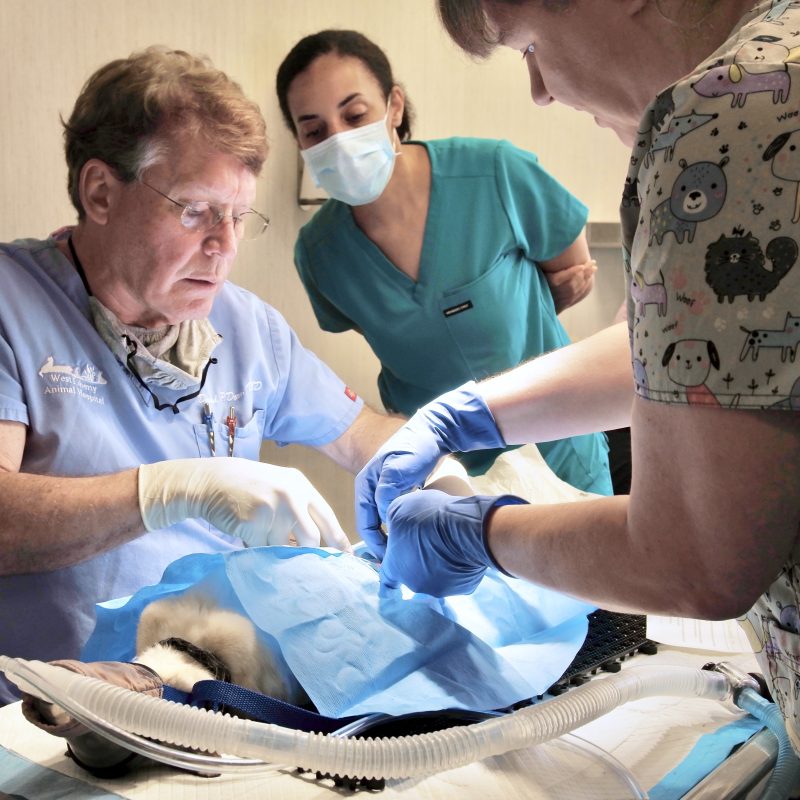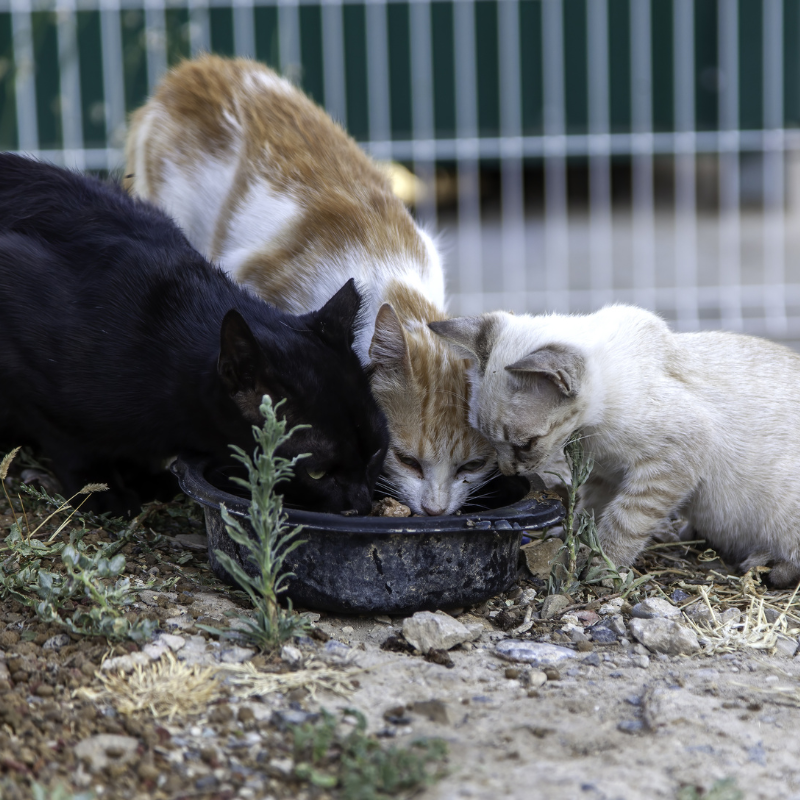
Sarah Archer, Writer, Curator, Design & Material Culture Historian
November 9, 2020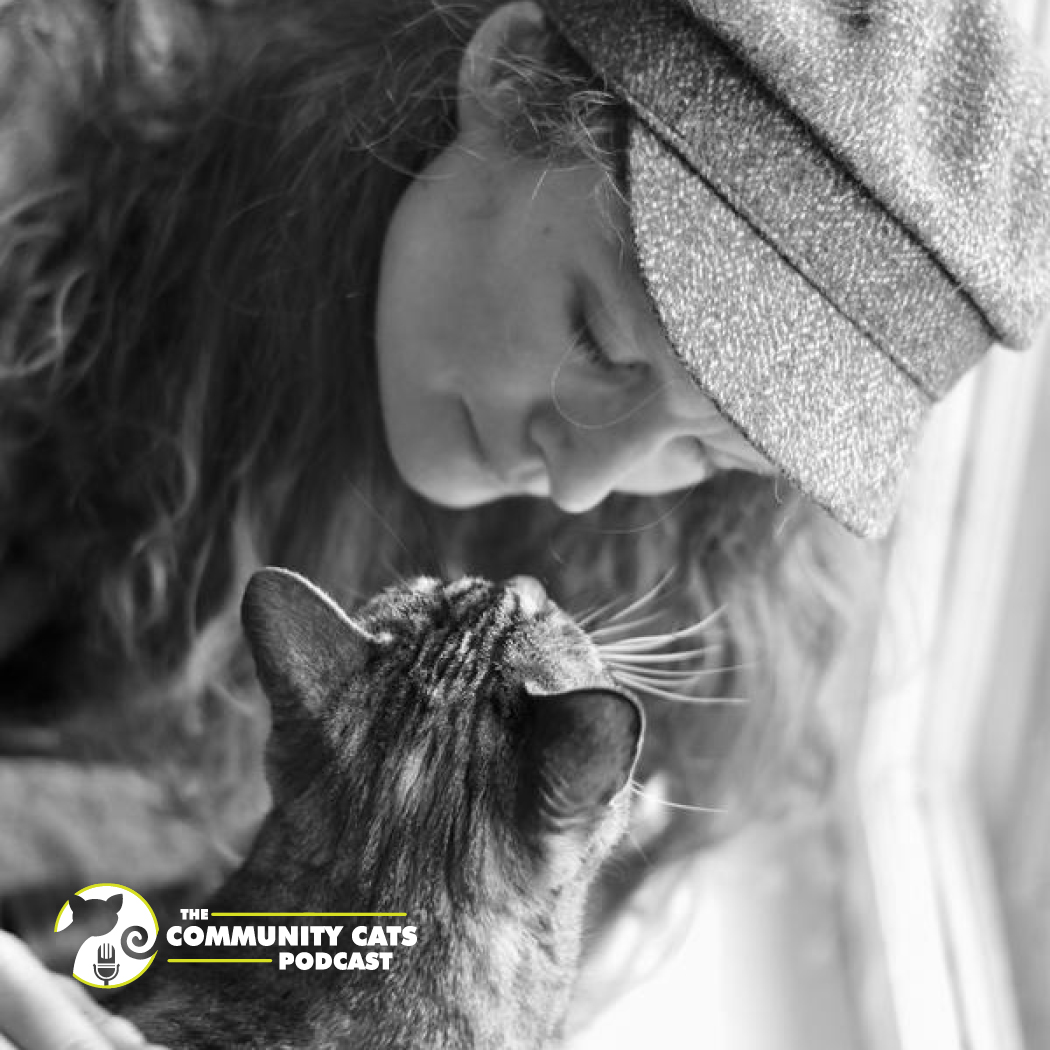
Susan Russell, Writer, Attorney, Animal Advocate
November 17, 2020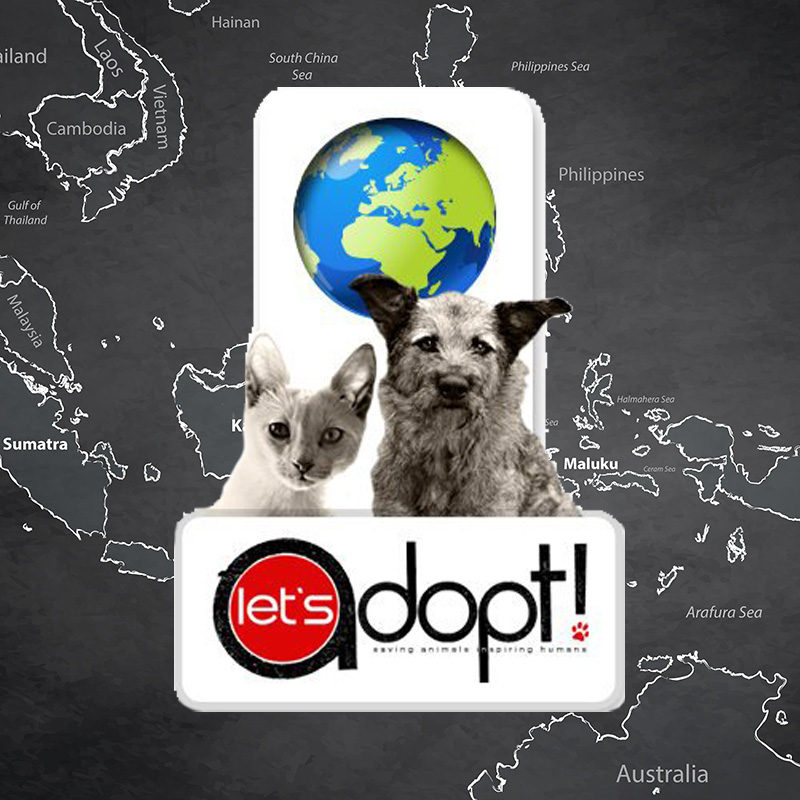
Today’s guest post comes to us from Krista Beucler, Marketing & Communications Intern at Community Cats Podcast.
Great TNR work is being done all over the world! This week we’re traveling (virtually) to Indonesia to learn more about the organization Let’s Adopt Indonesia.
Note: this interview with Let’s Adopt Indonesia staff has been edited and condensed for clarity.
Tell us a bit about your organization.
Let’s Adopt Indonesia (LAI) is a registered foundation in Indonesia, focusing on animal welfare awareness by organizing monthly subsidized spay/neuter events in Jakarta and Bekasi (a suburb of Jakarta), educating people through school visits and social media campaigns, rescuing and rehoming cats and dogs.
Founded in 2011, LAI has become one of the top-in-mind rescue groups in Indonesia. LAI’s strength comes from connections to individuals—rescuers, supporters, advocates, and people who are willing to step forward and away from the crowd to make a difference, one animal at a time.
For the past two years, LAI has been focusing most of its activities on spay/neuter programs for cats and dogs to help prevent unwanted births. As of August 2020, LAI has successfully spayed and neutered 2,085 cats and 122 dogs.
We get most of our help and support for these spay/neuter programs from people who are aware of the importance of TNR (and spay/neuter programs in general).
What does TNR look like in Indonesia? Do you have government support?
TNR used to be a bizarre idea for Indonesian people. They are more familiar with rescuing and rehoming. Some even became hoarders after a while. The concept of TNR started to become more popular a few years ago within communities of cat-lovers, especially in big cities. Unfortunately, we don’t have the government’s full support on this matter. They do have free monthly neuter events in sub-districts, but they could only accommodate a small number of male cats. Compared to the fast-growing number of unwanted births, this free neuter program is not enough.
What are people’s attitudes toward community cats?
Good Samaritans will do street feeding for stray cats, and if they have the money and time, some will do TNR individually. However, most people here do not like cats, especially stray ones—they usually will throw hot water on cats approaching the food stalls, kick them, poison them, separate kittens from their moms by putting them in boxes, and leave them somewhere else.
In some cases, people even resort to abandoning cats in small inhabited islands with no food. The number of cats increases drastically as they are not spayed and neutered.
What are the biggest challenges?
Our biggest challenges are educating people about why they should not abuse strays; most of them will talk back and get even more furious. The lack of empathy towards animals is still something that we need to work on here. Financial difficulties are also an issue; some people don’t have the budget to do TNR. Also, affordable vet care is not always available, especially in small towns—or islands, as Indonesia is an archipelago, consisting of 17,504 islands under its sovereignty.
Is affordable vet care available?
Yes, but only in big cities. We are projecting ourselves to become a mobile spay and neuter team that can reach small towns and remote areas of Indonesia to perform the surgeries, to prevent the overpopulation of stray cats (and dogs, whenever possible).
Last year you had an event called Project Steril Bareng. Can you tell us about the event and how it went? Are you planning to hold similar events in the future?
LAI has been leading a team consisting of five different communities in a project called #ProjectSterilBareng (PSB). In four events (2019–2020), we have successfully spayed and neutered 374 stray cats. The last PSB was held in February this year, but the activity has been postponed since March 2020 due to COVID-19.
Cats are spayed and neutered for FREE in #ProjectSterilBareng. We raised the funds needed using a crowd-funding platform.
Looking at the success we had in Jakarta (2019) and Malang, East Java (2020), we would like to reach other cities and towns across the archipelago.
How has COVID-19 impacted your work?
The Indonesian government has been applying and extending the proportional large-scale social restrictions right here in Indonesia, limiting our mobilization in reaching other areas. However, we can still find a way to keep our monthly spay/neuter program going, by doing it in batches (one batch consists of 10–15 cats only).
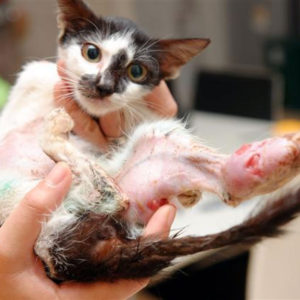

Can you share a success story/rescue story, or some pictures from your programs?
We have successfully done TNR for cats in Jakarta and Malang – East Java and were covered by Tier 1 newspaper in Indonesia.
Aside from TNR activities, we also rescue and rehome dogs and cats, too. Here’s the story of Madison the cat, who was rescued and adopted in Jakarta.
Found on the side of a public swimming pool, this female kitten was confused, sick and malnourished. She was badly injured by an older cat or a dog, and the wound was infected due to the lack of care. Her leg was swollen and she had a fever. Without help, this kitten would have died a long and horrible death in a couple of days.
Madison was taken to a vet and stayed there for a couple of days until her condition was stable.Then she went to a foster home to recover and was eventually able to find a loving family to adopt her once she was healed.
What can readers of our blog do to help you and your work?
We need to get our word out about this matter, about the importance of TNR and the benefit for society and even for the strays. By sharing what we do, we hope to inspire other communities to do the same for the sake of the cats’ welfare. We hope that unwanted births can be minimized, and one day we all (humans and animals) can co-exist in harmony.
To find out more about Let’s Adopt Indonesia, you can visit their website or follow them on Instagram, Facebook, or Twitter.
 Originally from Colorado, Krista Beucler received a Bachelor of Arts in creative writing at the University of Mary Washington (UMW) in Virginia. She was the editor-in-chief for Issue 7.2 of the Rappahannock Review, the literary journal published by UMW. Krista’s creative work has been published in From Whispers to Roars literary magazine. She is spending COVID-19 at home with her cats.
Originally from Colorado, Krista Beucler received a Bachelor of Arts in creative writing at the University of Mary Washington (UMW) in Virginia. She was the editor-in-chief for Issue 7.2 of the Rappahannock Review, the literary journal published by UMW. Krista’s creative work has been published in From Whispers to Roars literary magazine. She is spending COVID-19 at home with her cats.

